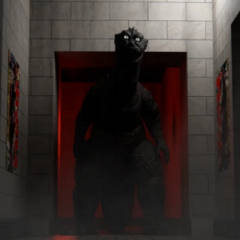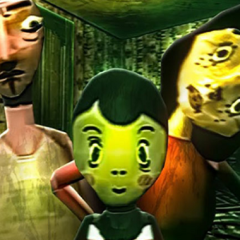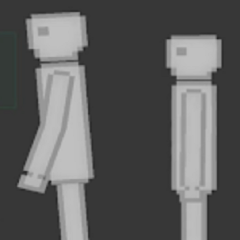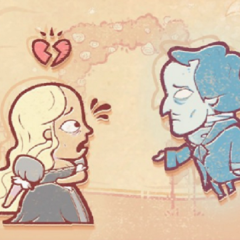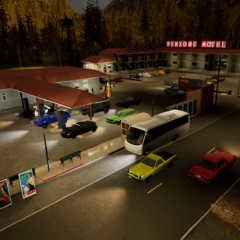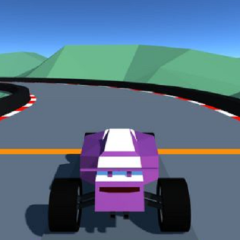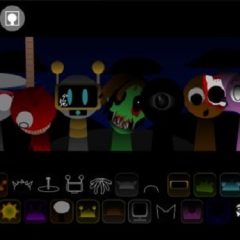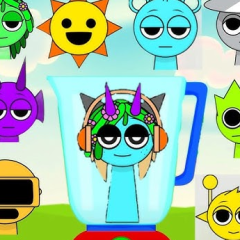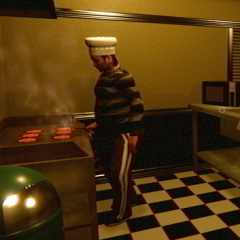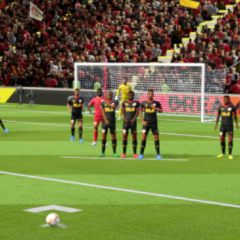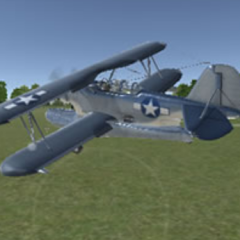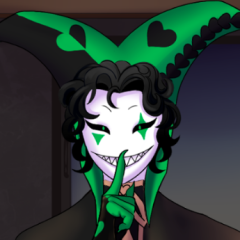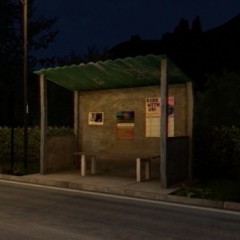NTR Legend is a pixel-art simulation game centered around character interaction and branching storylines. The player takes control of a male protagonist who becomes involved with a neighbor named Yuzuki. The gameplay focuses on day-to-day decisions, each affecting how relationships develop and what events unfold. Time is a central mechanic—players choose how to spend each segment of the day, balancing work, observation, and dialogue options. The story is shaped entirely by the player’s choices, with multiple paths leading to different character outcomes.
Choice Design and Relationship Progression
The game emphasizes subtle progression rather than sudden shifts. Each interaction with Yuzuki or secondary characters affects trust, suspicion, or emotional responses. Small decisions made early on—such as timing, gifts, or presence—can influence major events later. The branching system does not make outcomes immediately obvious, rewarding players who replay the game with a deeper understanding of how scenarios evolve. These changes in tone and character behavior create a sense of continuity across sessions, making each route feel personal and reactive.
Presentation Style and Emotional Themes
Visually, NTR Legend uses an isometric pixel-art style that contrasts with the mature themes it explores. The simplicity of the environment allows the player to focus on character movement and interaction without distraction. Audio is kept minimal, with ambient sound effects and occasional music used to build tension or highlight emotional shifts. The game’s tone remains grounded, exploring themes of intimacy, surveillance, and decision-making within a small, interconnected setting. It’s structured to reward observation and restraint as much as bold action, giving players a range of emotional and narrative responses based on their choices.





